Murakami Haruki is a popular contemporary Japanese writer and translator. His work has been described as ‘easily accessible, yet profoundly complex’. If you’re not familiar with him or would like to reread his best works, we recommend best Murakami book to start with. His blend of realistic and dreamy narratives has won him a devoted following. His name is frequently mentioned as a potential candidate for the Nobel Prize in Literature.
Let Arvin assist you in finding the best Murakami book to read next. You can chat with Arvin on any webpage online for book summary, instant research, writing, image generating, reading, and translating. Reach out to Arvin today for tailored recommendations and insights that will enrich your reading experience!
Don’t miss: 10 Best Selling Books of All Time to Discover Timeless Wisdom

Norwegian Wood (1987)
Set in 1960s Tokyo, this nostalgic story involves Toru Watanabe and his first love, Naoko, who is the girlfriend of his best friend Kizuki. Additionally, there is a young woman named Midori, who represents Toru’s probable future.
The book blends Beatles music, a young man’s love, sexual desires, and his dilemma of choosing between his past and future. Toru is a quiet and serious young college student devoted to Naoko, a beautiful and introspective woman. However, their mutual passion is marked by the tragic death of their best friend years prior.
As Toru begins to adapt to campus life, he deals with the loneliness and isolation he faces. Meanwhile, Naoko finds the pressures and responsibilities of life unbearable. As she retreats further into her own world, Toru reaches out to others and becomes drawn to a fiercely independent and sexually liberated young woman.
A magnificent blend of the music, mood, and ethos of the sixties, *Norwegian Wood* tells the story of one college student’s romantic coming of age. It brilliantly recaptures a young man’s first, hopeless, and heroic love.
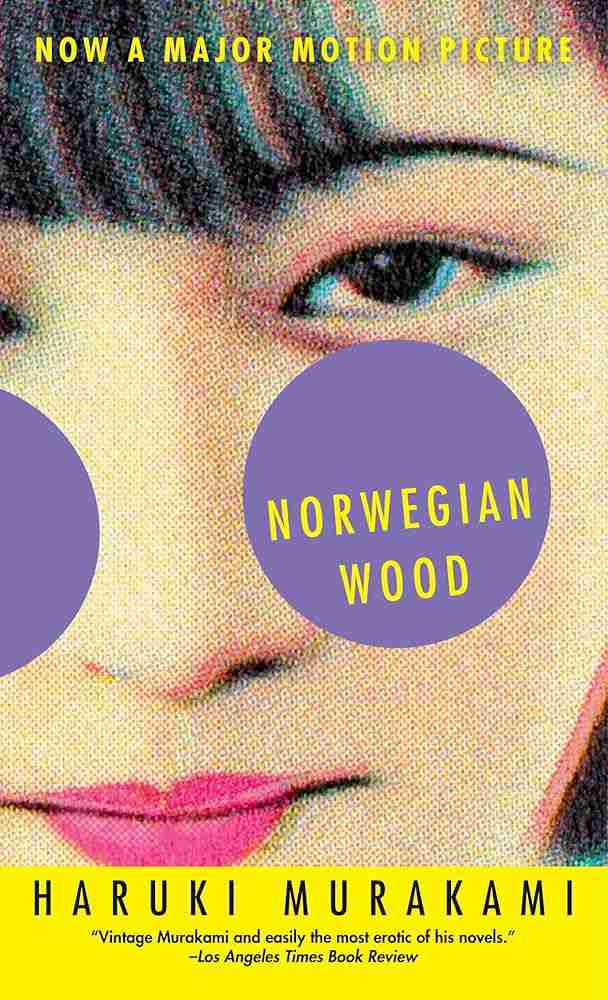
Kafka on the Shore (2002)
*Kafka on the Shore* is powered by two remarkable characters. The first is a teenage boy named Kafka Tamura, who runs away from home to escape a gruesome oedipal prophecy or to search for his long-missing mother and sister. The second is an aging simpleton called Nakata, who never recovered from a wartime affliction. Nakata is drawn toward Kafka for reasons he cannot fathom, much like the most basic activities of daily life. Their odyssey, as mysterious to them as it is to us, is enriched throughout by vivid accomplices and mesmerizing events. Cats and people carry on conversations, a ghostlike pimp employs a Hegel-quoting prostitute, a forest harbors soldiers apparently unaged since World War II, and rainstorms of fish (and worse) fall from the sky.
There is a brutal murder, with the identity of both victim and perpetrator a riddle—yet this, along with everything else, is eventually answered, just as the entwined destinies of Kafka and Nakata are gradually revealed, with one escaping his fate entirely and the other given a fresh start on his own.
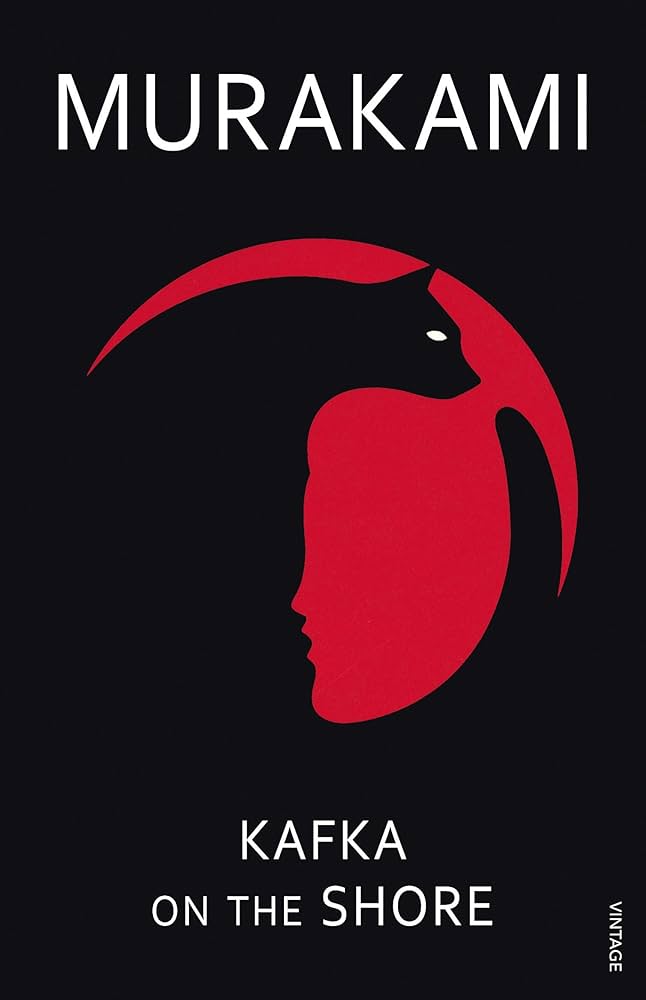
The Wind-Up Bird Chronicle (1997)
The story revolves around protagonist Toru Okada’s search for his missing cat and wife in the netherworld. The quest ends up with Toru meeting a group of eccentric people that include antagonists, prostitutes, politicians and war veterans who recall buried secrets of the Japanese invasion of Manchuria.
Japan’s most highly regarded novelist now vaults into the first ranks of international fiction writers with this heroically imaginative novel. It is at once a detective story, an account of a disintegrating marriage, and an excavation of the buried secrets of World War II.
Gripping and prophetic, The Wind-Up Bird Chronicle is suffused with both comedy and menace. It is a tour de force equal in scope to the masterpieces of Mishima and Pynchon.
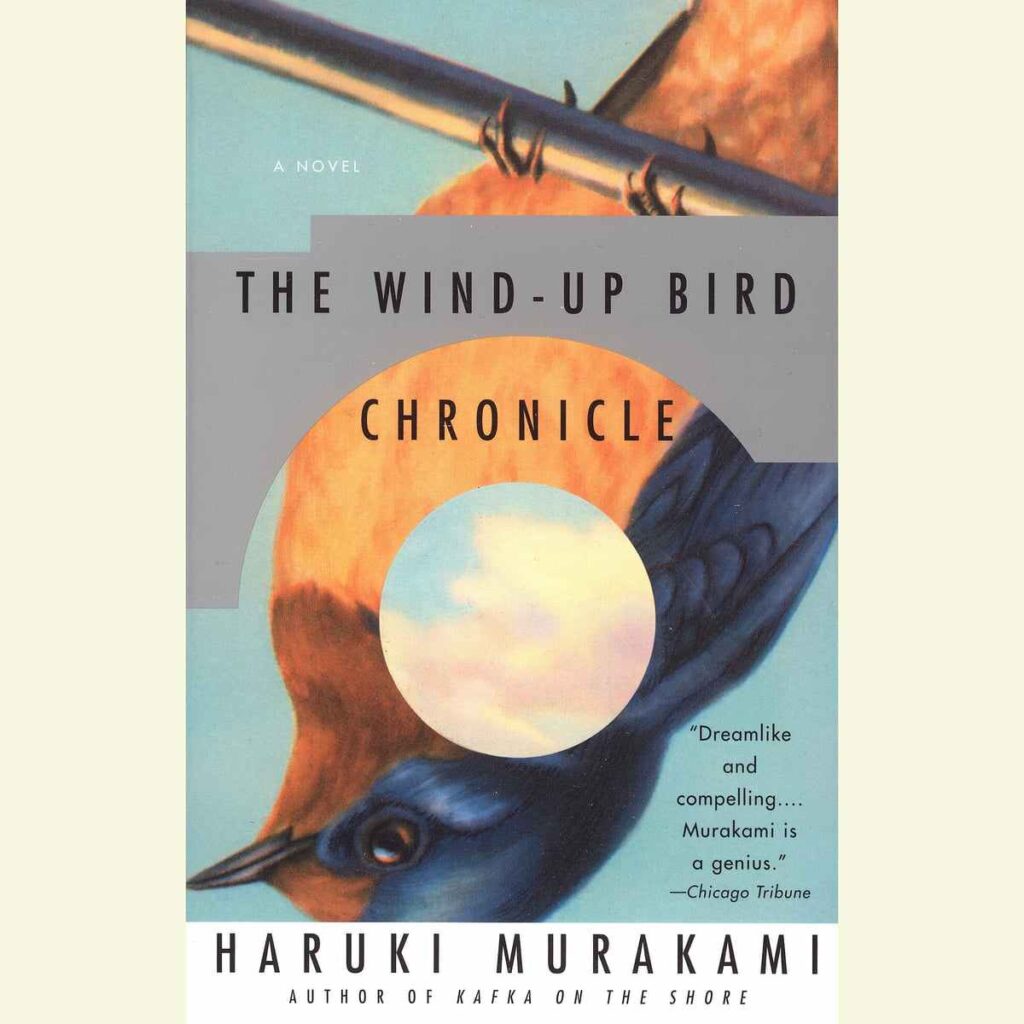
The Elephant Vanishes (1993)
Murakami successfully gives the world a poignant collection of short stories with The Elephant Vanishes. A man witnesses his favorite elephant vanish into thin air. A newlywed couple suffers hunger pangs and holds up a McDonald’s in the middle of the night. A young woman discovers a little green monster. An insomniac wife wakes up in a semi-conscious world. Each story depicts disruption in normal life.
By turns haunting and hilarious, The Elephant Vanishes is further proof of Murakami’s ability to cross the border between separate realities — and to come back bearing treasure.
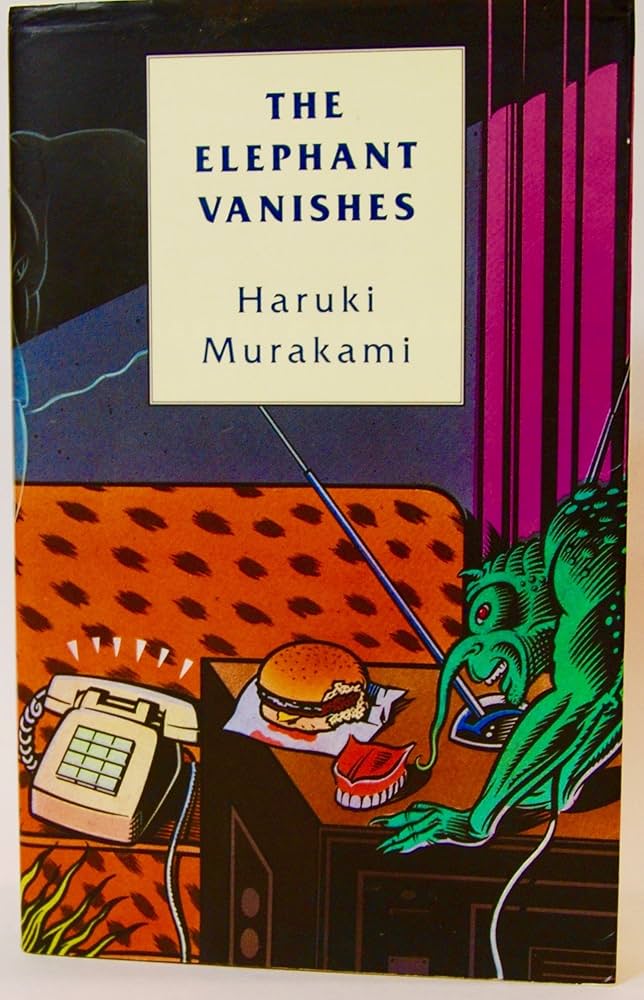
What I Talk About When I Talk About Running (2008)
The memoir, which resulted from Murakami’s journal entries during his New York City Marathon training, provides insight into the award-winning Japanese author’s thoughts on marathon runners and writers. His details on how both running and writing intersect and reach a coherent meeting ground form the crux of the memoir.
By turns funny and sobering, playful and philosophical, What I Talk About When I Talk About Running is rich and revelatory, both for fans of this masterful yet guardedly private writer and for the exploding population of athletes who find similar satisfaction in running.
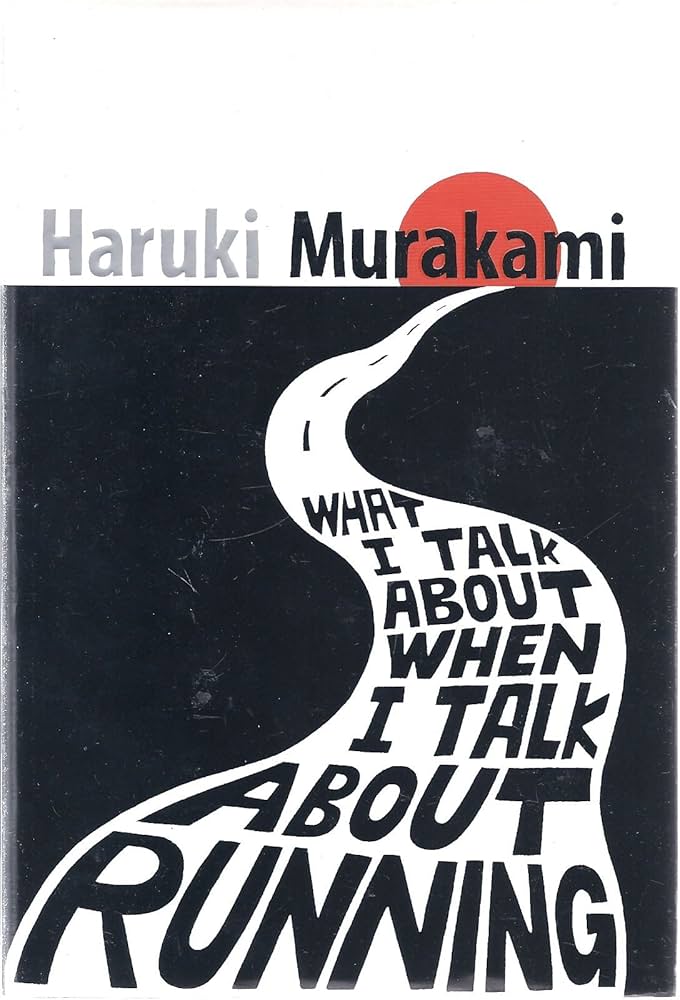
Read also: 10 Best Fantasy Books of All Time You Can’t Miss
1Q84 (2011)
A young woman named Aomame follows a taxi driver’s enigmatic suggestion and begins to notice puzzling discrepancies in the world around her. She has entered, she realizes, a parallel existence, which she calls 1Q84 —“Q is for ‘question mark.’ A world that bears a question.” Meanwhile, an aspiring writer named Tengo takes on a suspect ghostwriting project. He becomes so wrapped up with the work and its unusual author that, soon, his previously placid life begins to come unraveled.
A love story, a mystery, a fantasy, a novel of self-discovery, and a dystopia to rival George Orwell’s—*1Q84* is Haruki Murakami’s most ambitious undertaking yet. It became an instant bestseller in his native Japan and stands as a tremendous feat of imagination from one of our most revered contemporary writers.
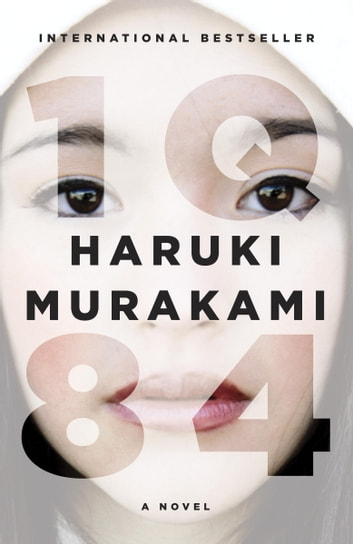
Blind Willow, Sleeping Woman (2006)
One of the most celebrated short story collections by Murakami, these stories depict themes ranging from the surreal to the mundane. They showcase the author’s ability to transform human experience in instructive, surprising, and relentlessly entertaining ways.
The book includes tales such as a young man recounting to his cousin a woman who was put to sleep by flies crawling into her ear. It also features a couple falling apart after feasting on crab during their vacation, and a man who follows postcard instructions to apply for a job but must first get through a password.
From the surreal to the mundane, these stories exhibit Murakami’s capacity to explore the full range of human experience. Readers encounter animated crows, a criminal monkey, and an iceman, alongside dreams that shape us and the things we might wish for.
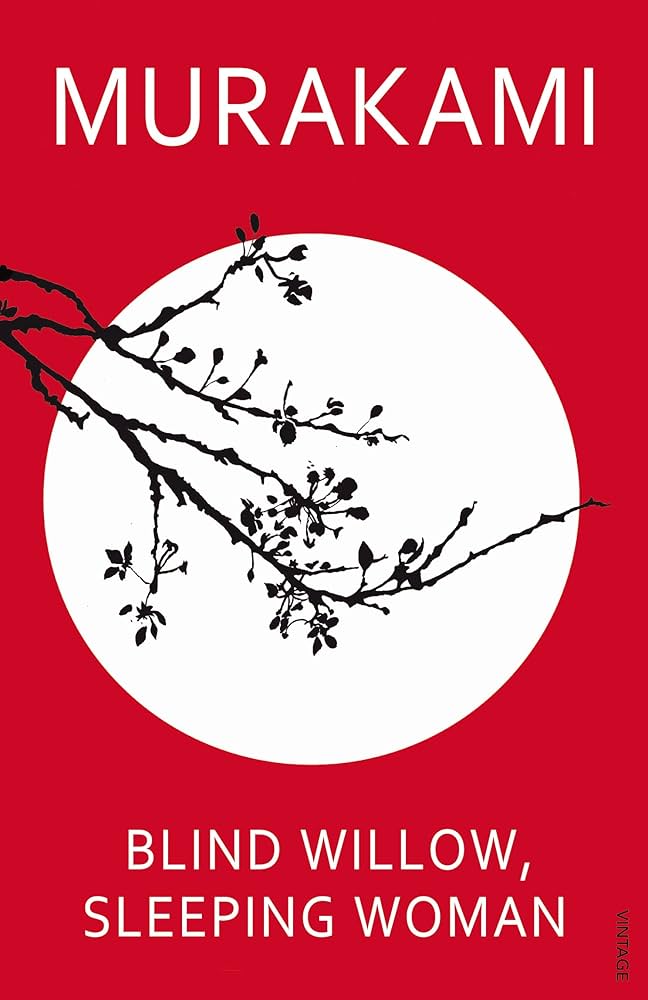
Sputnik Sweetheart (1999)
Sumire is in love with a woman seventeen years her senior. But whereas Miu is glamorous and successful. Sumire is an aspiring writer who dresses in an oversized second-hand coat and heavy boots like a character in a Kerouac novel.
Sumire spends hours on the phone talking to her best friend K about the big questions in life. They discuss topics like sexual desire and whether Sumire should ever tell Miu how she feels for her. Meanwhile K wonders whether he should confess his own unrequited love for Sumire.
Then, a desperate Miu calls from a small Greek island: Sumire has mysteriously vanished…
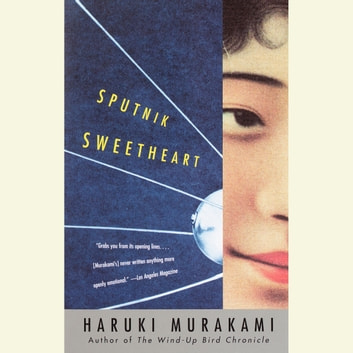
Colorless Tsukuru Tazaki and His Years of Pilgrimage (2013)
Tsukuru Tazaki spends much of this story trying to understand why his circle of friends in high school expelled him from their group shortly after he left Nagoya to attend college in Tokyo. His quest for understanding takes him all the way to Finland. There, he confronts some hard truths about his own inner self. It is a novel of betrayal and forgiveness, but above all, it is about growing up.
Towards the end of the novel, readers see the protagonist delve deeper into his past. He seeks to understand the meaning of his dreams and nightmares. In doing so, he aims to finally move on from his inner struggles.
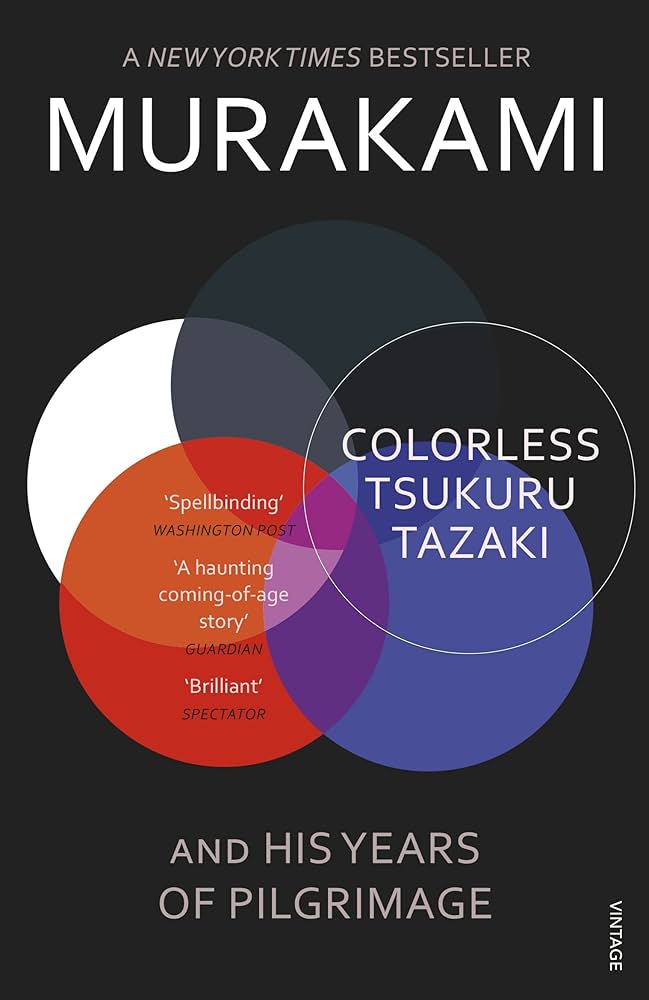
A Wild Sheep Chase (1982)
Why not begin at the beginning? The English-speaking world was introduced to Murakami early on with a bizarre, magical realist story about the convoluted hunt for a VIS (Very Important Sheep). In this tale, mysterious letters, significant photographs, and perfectly formed ears abound. The search takes our hero from the urban haunts of Tokyo to the remote, snowy mountains of northern Japan. There, he confronts the confines of tradition and the demons deep within himself.
His life was like a recurring nightmare: a train to nowhere. But an ordinary life has a way of taking an extraordinary turn. Add a girl whose ears are so exquisite that, when uncovered, they improve sex a thousand-fold. Include a runaway friend, a right-wing politico, an ovine-obsessed professor, and a manic-depressive in a sheep outfit. Implicate them in a hunt for a sheep that may or may not be running the world. The upshot is another singular masterpiece from Japan’s finest novelist.
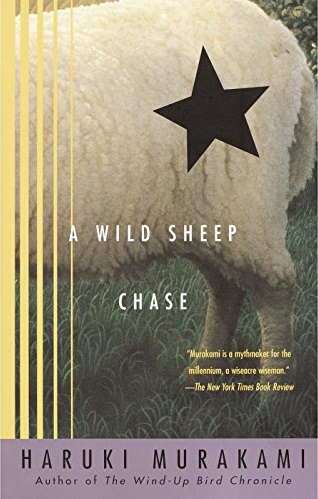
Conclusion
Selecting the best Haruki Murakami book leads you through myriad emotions and thought-provoking narratives. From the nostalgic undertones of “Norwegian Wood” to the complex surrealism of “Kafka on the Shore,” each novel awaits to be explored and appreciated. Understanding your preferences—be it romance, fantasy, or existential musings—can greatly shape your reading experience.
If you’d like to explore specific themes or character developments in the novel, or want to make book summaries, feel free to ask Arvin!
FAQs
Hear the Wind Sing (1979)
Pinball, 1973 (1980)
Norwegian Wood (1987)
Dance, Dance, Dance (1988)
The Wind-Up Bird Chronicle (1997)
South of the Border, West of the Sun (1999)
Underground: The Tokyo Gas Attack and the Japanese Psyche (2000)
Sputnik Sweetheart (2001)
Norwegian Wood is the ideal first book. Easy introduction to Murakami’s magic realism. The others can feel jarring as first books. Norwegian Wood or Kafka on the Shore.
Raymond Chandler, The Long Goodbye.






